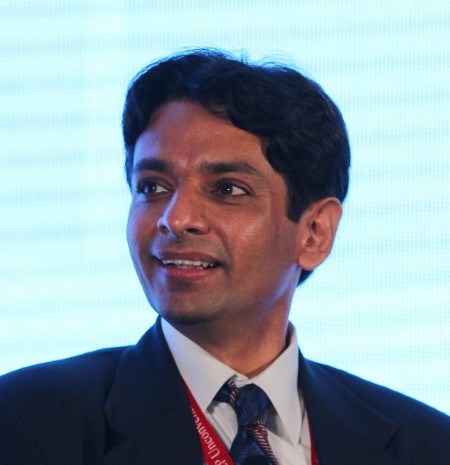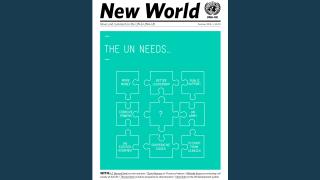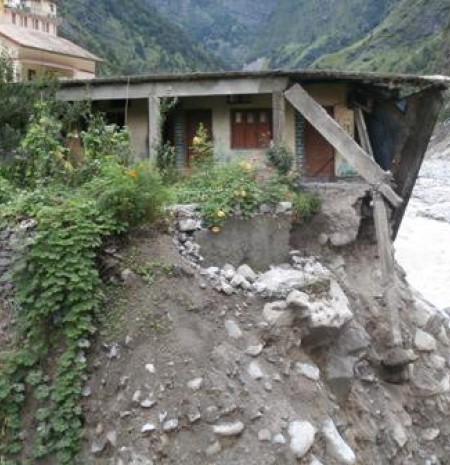
The United Nations and the environment are two concepts that do not appear to be particularly synonymous in the public’s perception, particularly as that august organisation has not traditionally been associated with environmental management. Indeed, ideas of the UN have revolved around ‘traditional’ facets of international relations, such as nuclear non-proliferation, counter-terrorism, refugee protection and effective mediation.
Nonetheless, it must be acknowledged that a major part of human security includes looking after the environment. In the face of increasing environmental threats including desertification, global warming and flooding it is clear that the Earth needs a more substantial management of its ecosystem; otherwise her natural ecosystems will collapse under the pressures generated by mankind. This article examines how the United Nations Environment Program (UNEP) is leading global efforts to combat ecosystem degradation and regenerate the planet.
The first question is what is an ecosystem? It is essentially a system of complex interdependence, where each living and non-living aspect contributes to the stability of the whole. From food and water, to timber and natural climate regulation, all that we humans interact with and use are described as ‘’ecosystem services’’. To maximise the chances of success in preserving our endangered ecosystems, UNEP has focussed on six of 15 ecosystem services in decline: climate regulation, water regulation, natural hazard regulation, energy, freshwater and nutrient recycling. Each of these is doubtless crucial in ensuring sustainability, so that future generations will inherit an ecologically stable Earth. Poor ecosystem management leads to food shortages, disease and poverty - particularly as so much our world is decidedly agrarian. For example, the drive to feed and house a growing global population is leading to increasing water usage, and deforestation, which in turn lead to desertification or the creation of dry desert regions.
UNEP has three principal strategic focus areas to sustain the momentum in preserving these precious eco-systems:
- Making the case: promoting the principle of ecosystem management
- Restoration and management: the development of tools and methodologies, in tandem with the world’s leading experts and academics on these issues, which governments can utilise
- Development and investment: enabling national governments to integrate ecosystem management into policy, development planning and investment decisions
Make no mistake, ecosystem decline is so challenging that nothing but a coordinated, international effort will suffice. Resource and climate degradation can be combated by the implementation of new methodological tools at national level, developed at the international level, such as by the Intergovernmental Panel on Climate Change (IPCC). The IPCC advises governments on reducing carbon emissions as one major way to fight climate change. A further prominent example may be UNEP’s billion tree campaign, which aimed to plant a billion trees in coordination with governments and corporations, and has now succeeded in planting two billion. At state level Kenya’s Green Belt movement planted up to 30 million trees.
UNEP can boast of tangible successes like in Australia, where the establishment of a Great Barrier Reef authority is supported with multiple protocols to regulate fishing and industrial activity. But the real fight to save our planet’s ecosystem has only begun. Global warming is now a scientifically-established fact (even if it’s underlying cause is not) as ice caps melt and sea levels rise. To maintain a harmonious relationship with our planet, it is vital to build on an encouraging start and follow UNEP’s lead globally to ensure that we avoid a blindfolded march down to ecological catastrophe and lay foundations for a new world.
Jeevan recently volunteered as an Outreach Intern at UNA-UK.

















